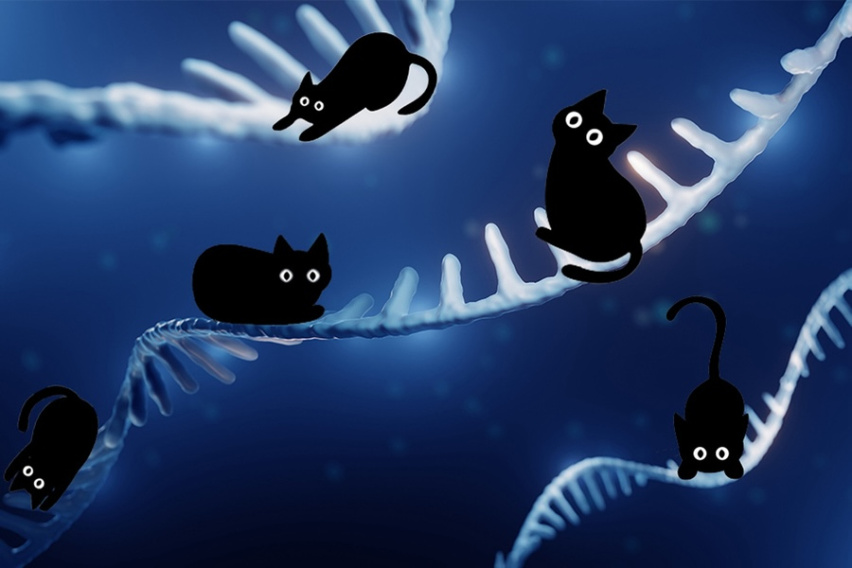MIT Koch Institute
October 20, 2019
Fifty years ago, on the heels of a historic summer, microbiologist and MIT professor Salvador E. Luria learned he had just won the Nobel Prize. Shortly after the passage of the National Cancer Act of 1971 Luria successfully applied for funds to build a cancer research facility at MIT, overseeing its construction and recruiting scientists with expertise in genetics, immunology, and cell biology. As inaugural director, Luria and his founding faculty opened the MIT Center for Cancer Research in 1974, and quickly set the standard for investigating the fundamental nature of cancer. Faculty members isolated the first human oncogene, discovered RNA splicing, and made numerous other seminal contributions to cancer biology and genetics, laying the groundwork for new methods to treat and diagnose cancer. In tribute to the individual who spearheaded the formation of the MIT’s first dedicated cancer research effort the Koch Institute is working, with friends and the MIT administration, to name the Koch Institute’s main meeting space the Salvador E. Luria Auditorium.
